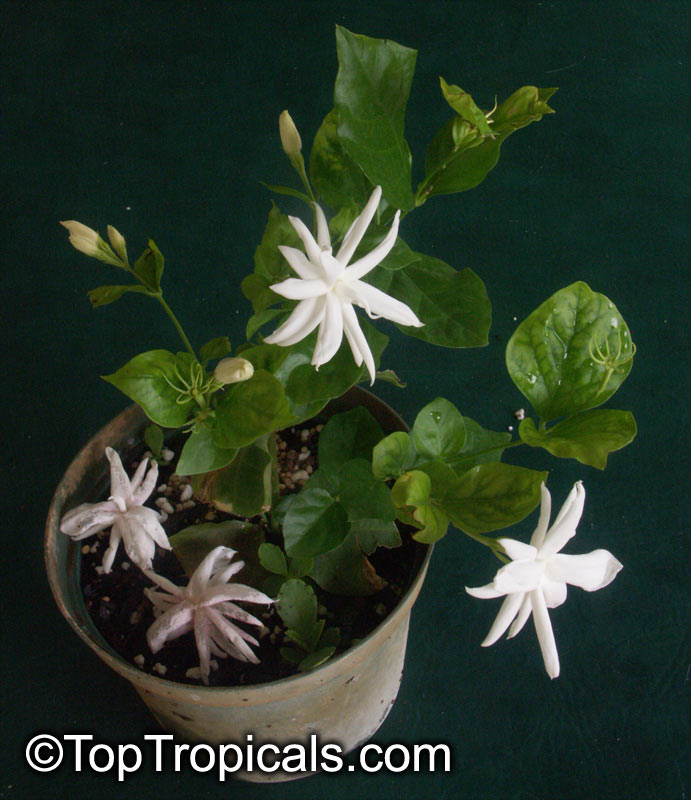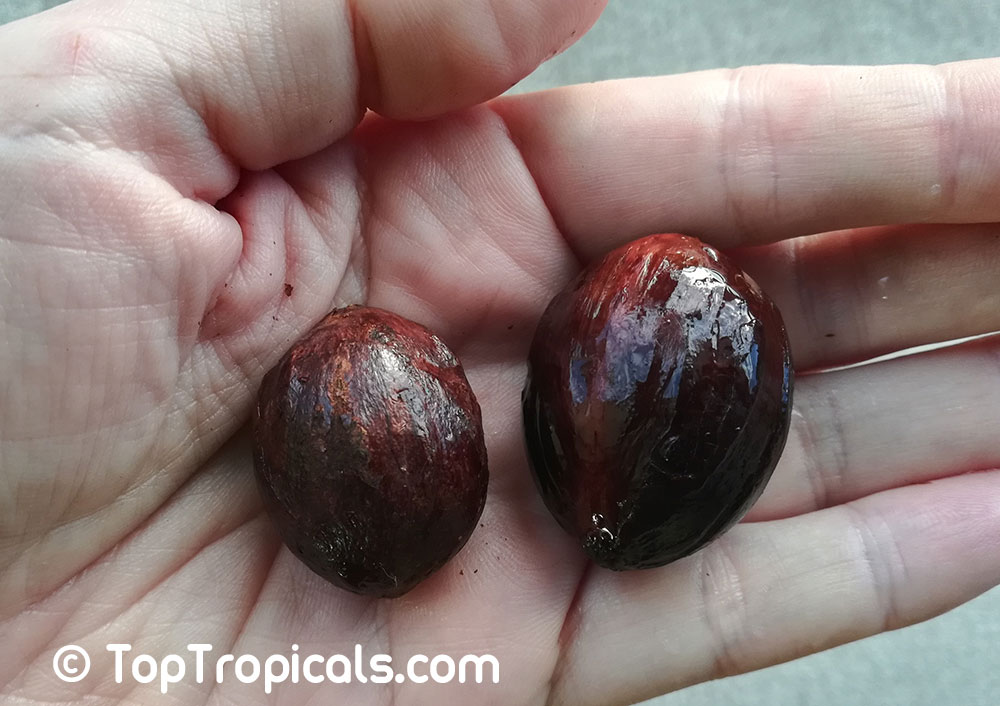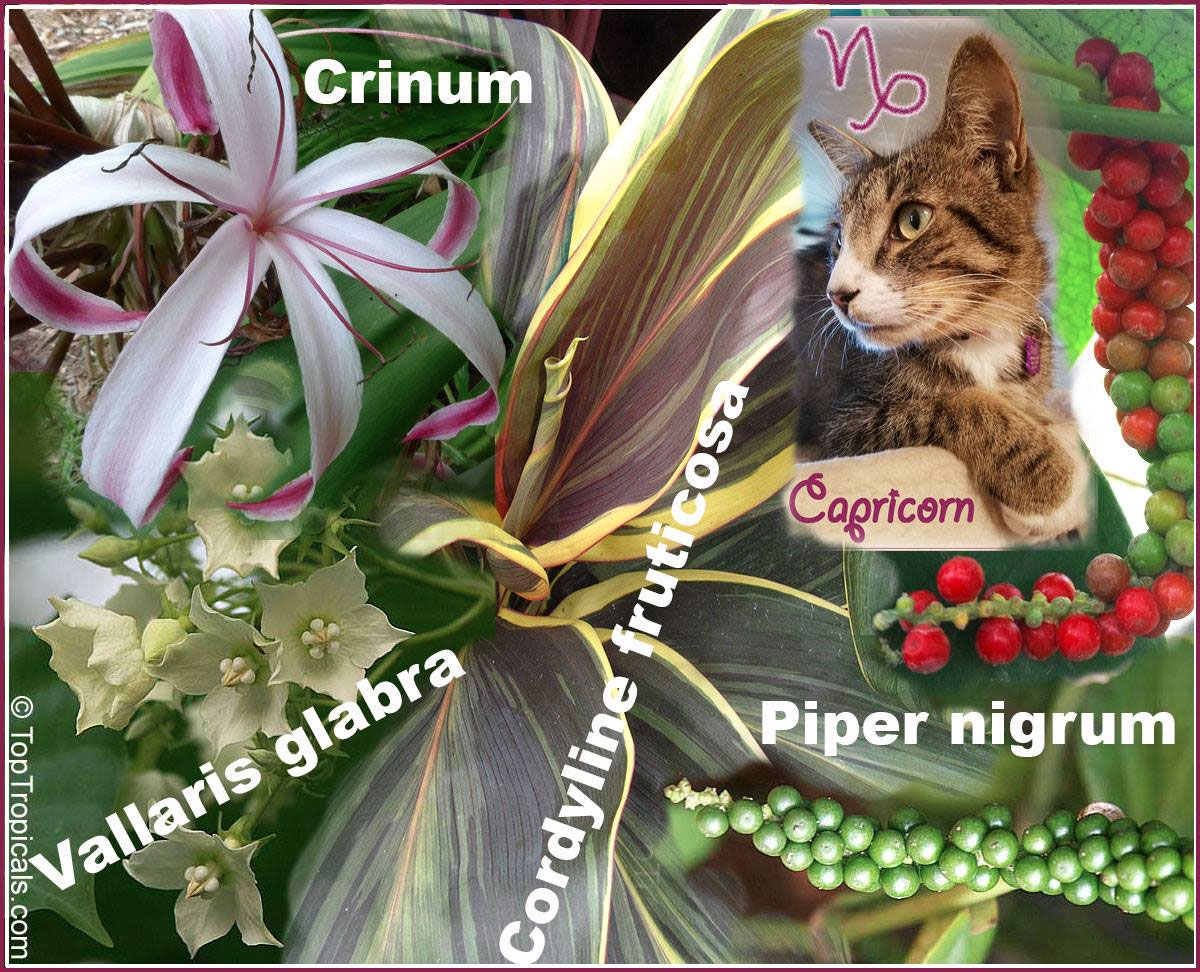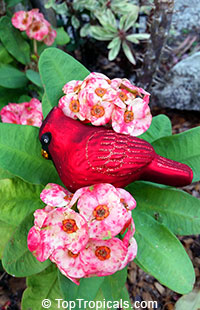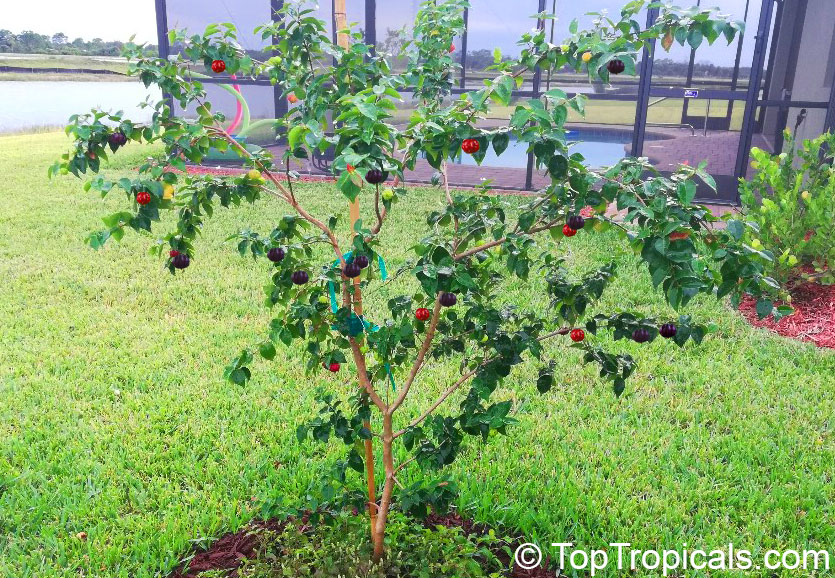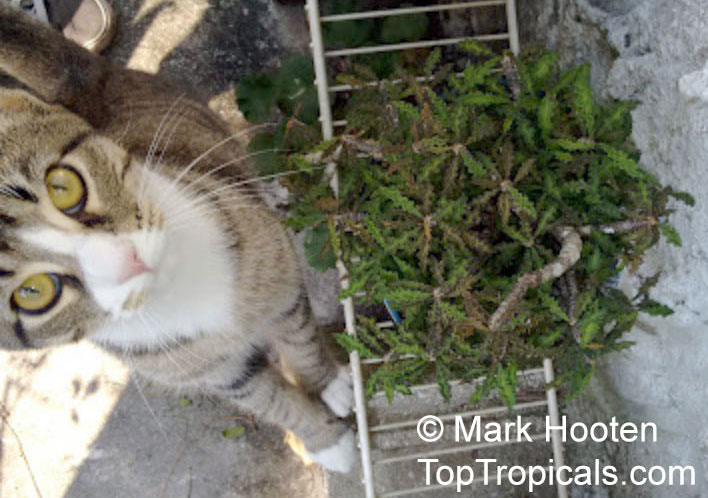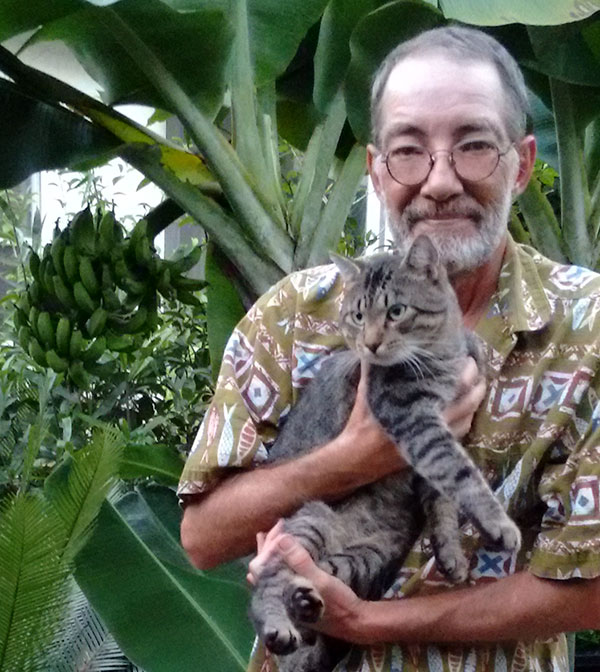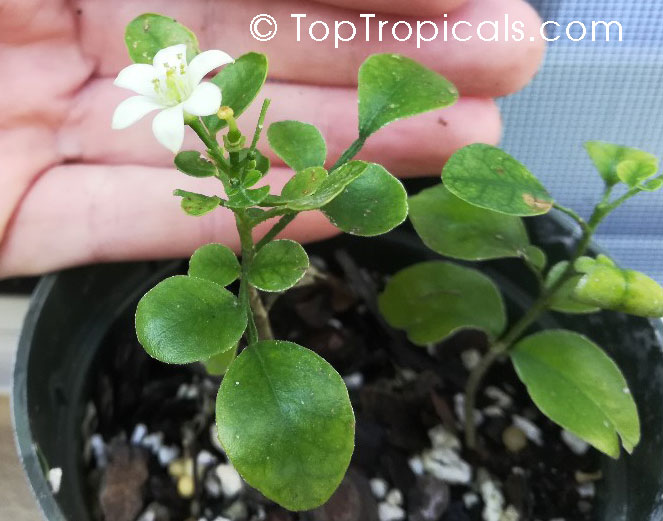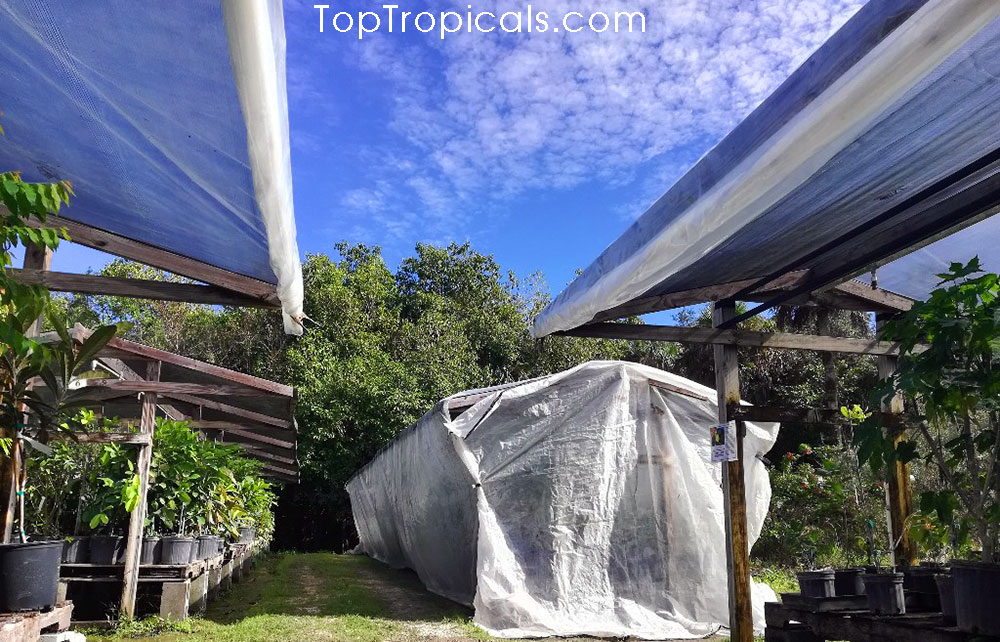Six ideas for the best Christmas gift plants
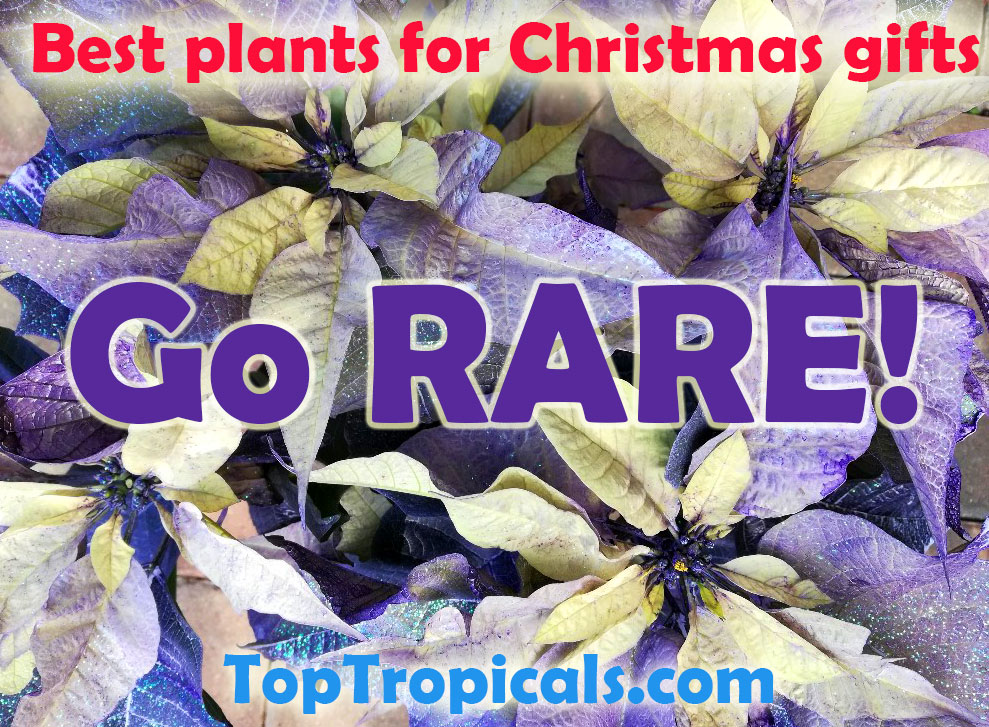
It's this time of the year again when a million dollar question arises:
"What do I get them for Christmas?" It's an easy task to buy a gift for a
gardener - because we always have a long wish-list! But what to get for everybody else? The answer a simple -
buy a live plant... that can bring: Surprise, Love, Joy, Meaning, Convenience,
and an Action into their lives! Below are a few wise suggestions.
1. Surprise for Tradition. Everybody knows Ponsettia. Everybody buys it. Every house has it... Red, yellow, white,
and even purple... unusual? No, simply dyed with a paint. Ahh. Go RARE!
Ponsettia is Euphorbia, get a rare Euphorbia. It has indestructible nature,
almosts zero maintenance, and FREE shipping!
Euphorbia leucocephala - Snows of Kilimanjaro
Euphorbia
geroldii - Thornless Crown of Thorns
Euphorbia Exotic Thai Candyland, variegated leaves
Euphorbia Pink Cadillac
2. Love. Gardenia Aimee Yoshioka First Love. With a dramatic history behind this
cultivar, it is a perfect expression of Love that one can bring to another for Christmas...
3. Joy of Miracle. Miracle
fruit. It speaks for itself and is one of the greatest container plants.
4. Meaning. Symbol of Long Life! Adansonia digitata - Baobab, also called the Tree of Longivity, can live for 5000 years. Pass this remarkable plant in your family from generation to generation! Regarded as the largest
succulent plant in the world, the Baobab tree is steeped in a wealth of mystique, legend and superstition wherever it
occurs in Africa, being a tree that can provide food, water, shelter and relief from sickness.
FREE shipping and easy to maintain bonsai.
5. Convenience. A gift card will give your loved ones a chance to browse amazing wonderland of Tropical Plant World, pick something they like and have it shipped to them weather permitting. The gift card (certificate) has no
expiration date!
6. Action. Coffea
arabica - Coffee. Want to give your kids a project to drag them away from
their smartphones? Have them grow a Real Coffee tree. It is a rewarding plant that is happy indoors and gives you a feeling of Creator - for your care, it will bloom for you with fragrant flowers and fruit for you with real coffee beans!
Check out the full list of plants that are great gifts!

If you need further advice on great looking gift plants for Christmas, contact us!
Or call Anna Banana direct @ 239-771-8081.
Happy Shopping!




